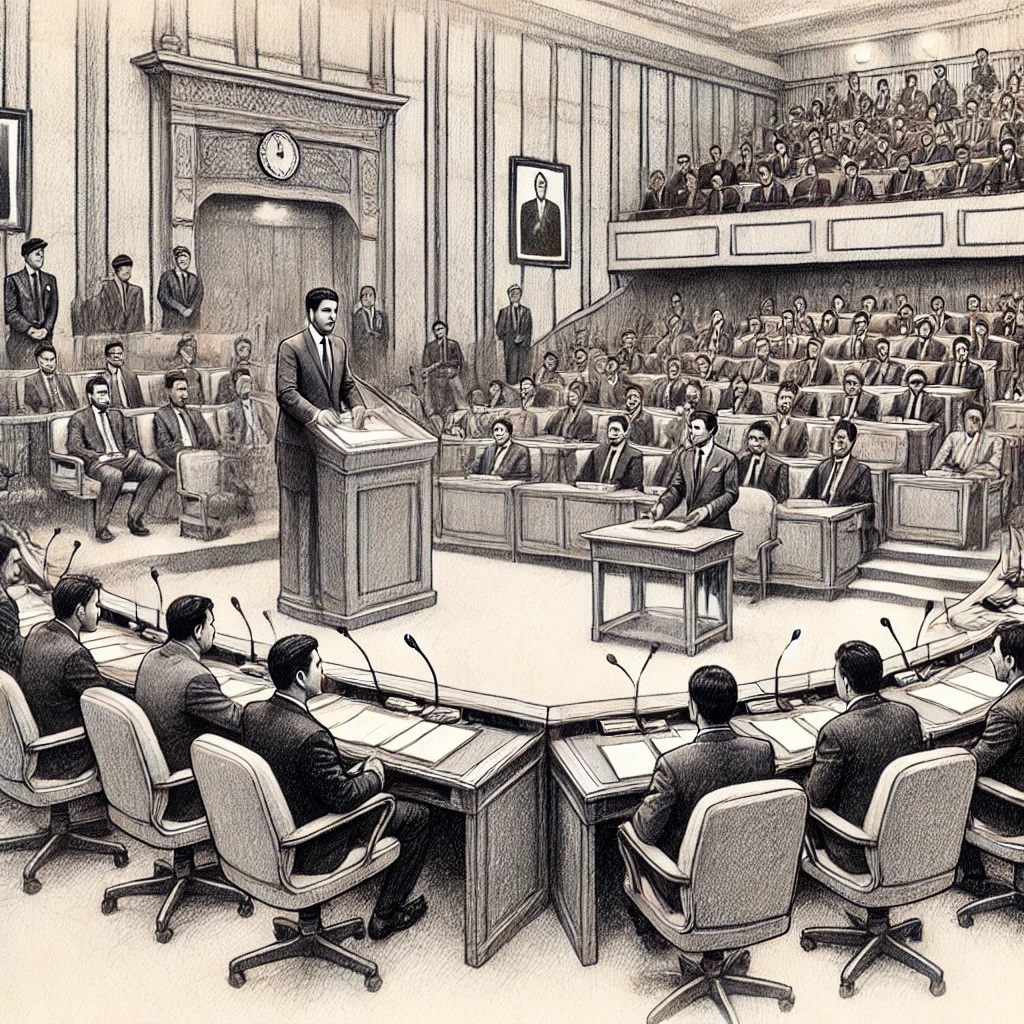BJP Dominates SC Reserved Seats in Jammu, but Fails to Secure Any ST Seats
Avinash Azad
The formation of Jammu and Kashmir’s new government through an alliance has resulted in an unprecedented situation: the Scheduled Caste (SC) community will have no representation in the council of ministers.
This outcome stems from the Bharatiya Janata Party (BJP) winning all seven reserved SC seats. This outcome has led to a unique and potentially problematic situation where, for the first time since the implementation of reservations, there will be no SC representation in the council of ministers.
The reserved SC seats, distributed across the Jammu division, include Ramnagar in Udhampur, Kathua in Kathua district, Ramgarh in Samba district, and four seats in Jammu district: Bishnah, Suchetgarh, Marh, and Akhnoor. The BJP’s clean sweep of these constituencies has raised concerns about the diversity and inclusivity of the incoming government.
Despite this setback for SC representation, the Jammu division is set to have a voice in the council of ministers. Independent candidates who won seats have pledged their support to the Omar Abdullah-led alliance. Chief Minister-elect Omar Abdullah has submitted letters of support from these independents to Lieutenant Governor Manoj Sinha, paving the way for government formation, which is expected to take place on Wednesday.
The election results present a mixed picture for reserved seats. While the BJP dominated the SC reserved seats, they failed to secure any of the nine seats reserved for Scheduled Tribes (ST). Six of these ST seats are in the Jammu division, with the remaining three in the Kashmir division.
This outcome has sparked a debate about the effectiveness of the current reservation system in ensuring diverse representation in government. Political analysts are questioning whether the concentration of SC seats with a single party aligns with the original intent of the reservation policy.
A political science expert, commented, “While the BJP’s victory in these seats is legitimate, the absence of SC ministers could lead to a lack of direct representation for these communities in policy-making processes. It’s a situation that merits serious consideration.” As the new government prepares to take office, all eyes will be on how it addresses this unique challenge and ensures that the voices and concerns of all communities, including SCs, are adequately represented in the governance of Jammu and Kashmir.






